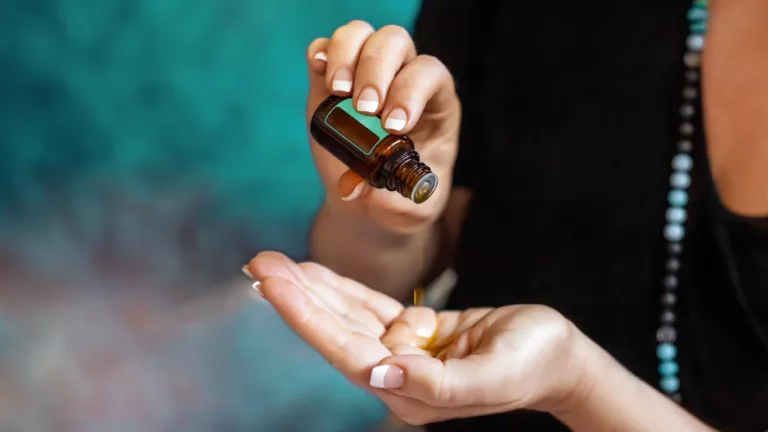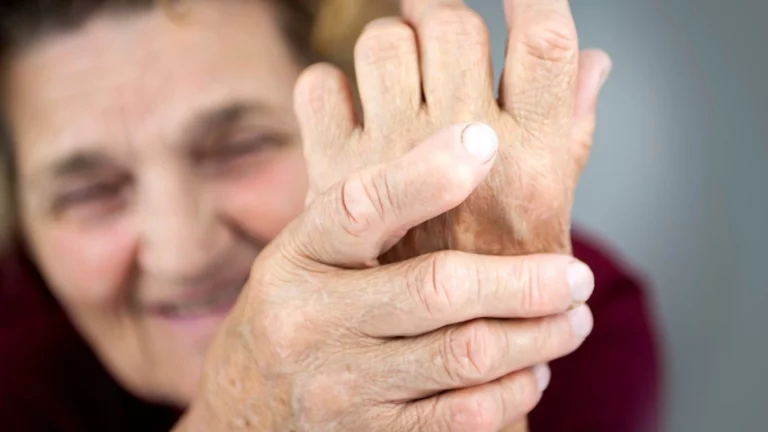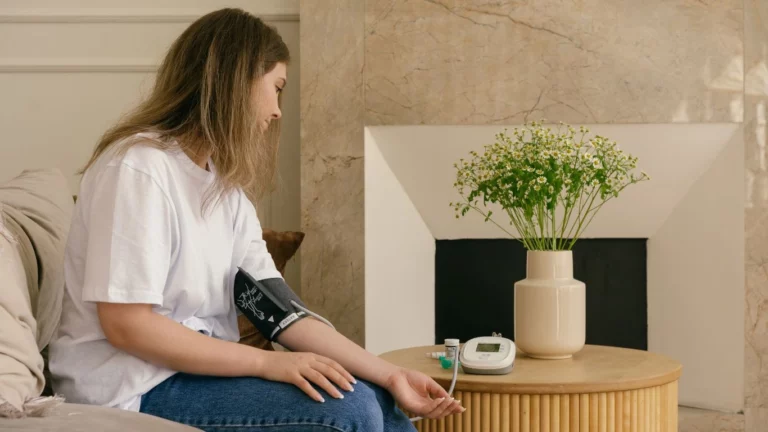Treating Acne Scars with At-Home Remedies
Explore effective at-home remedies for treating acne scars, including natural solutions, expert insights, and tips for achieving clearer skin.
Introduction
Understanding Acne Scars and At-Home Remedies
Dealing with acne scars is a common and persistent concern for many individuals. The aftermath of acne breakouts can leave lasting marks on the skin, affecting not just its appearance but also one’s confidence. However, there is hope in the form of various at-home remedies that offer a natural and affordable approach to improving skin texture and reducing the visibility of acne scars.
Acne scars come in different forms, including pitted scars, raised scars, and hyperpigmentation. Each type requires a tailored approach for effective treatment. This comprehensive guide aims to delve into the world of at-home solutions, providing not only a better understanding of acne scars but also insights from experts and practical tips to address them.
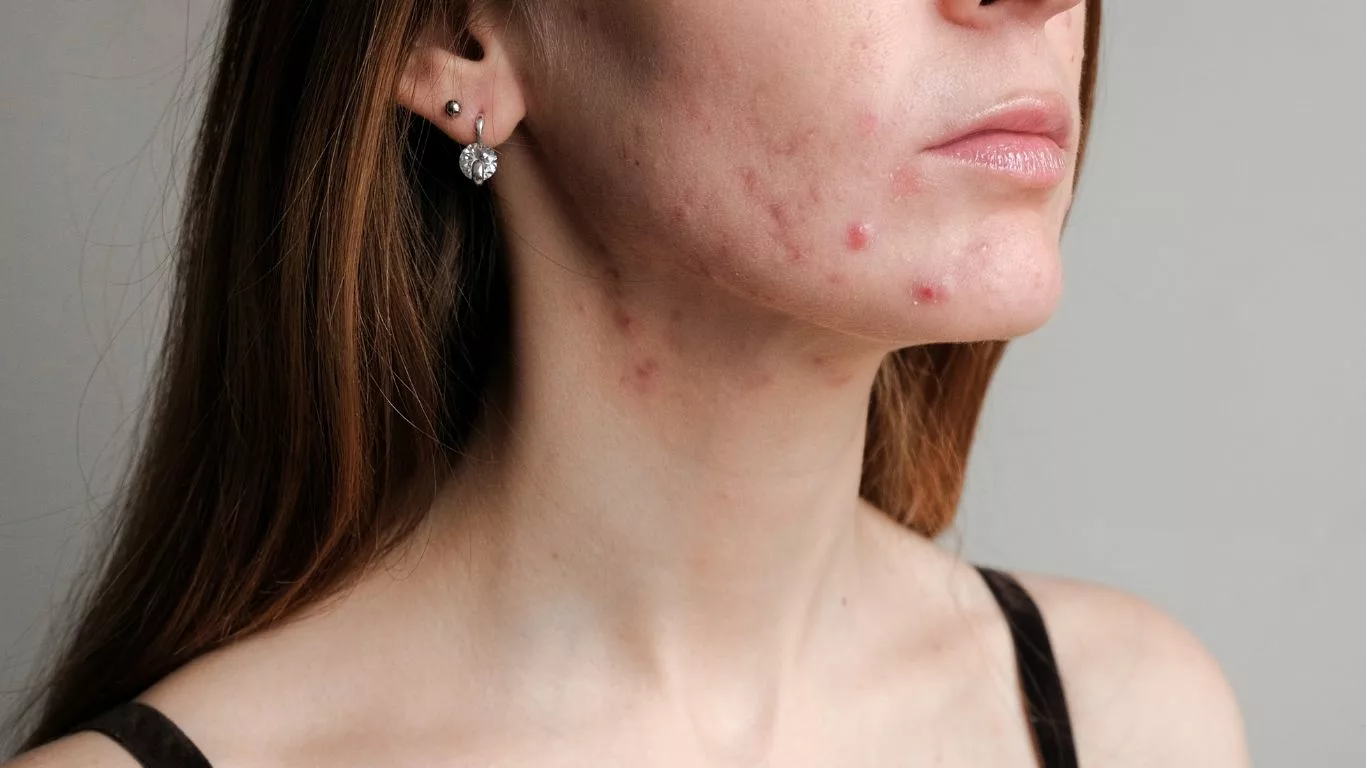
The Impact of Acne Scars
Beyond the physical aspect, acne scars can have a significant impact on an individual’s emotional well-being. The visible reminders of past breakouts may lead to feelings of self-consciousness and a desire to conceal or minimize their appearance. Understanding the emotional toll of acne scars is crucial in approaching their treatment with empathy and sensitivity.
The Need for At-Home Remedies
While professional dermatological treatments exist for acne scar reduction, not everyone has access to or the means for such interventions. At-home remedies provide an accessible and budget-friendly alternative for individuals seeking to improve their skin’s texture and reduce the prominence of acne scars. These remedies often utilize natural ingredients known for their skin-healing properties.
Exploring Natural and Affordable Solutions
This guide will explore a variety of at-home remedies, ranging from time-tested classics to emerging trends in skincare. From aloe vera and lemon juice to DIY honey masks, each remedy will be examined in detail, outlining their application methods, benefits, and potential considerations. By delving into the realm of natural and affordable solutions, individuals can empower themselves to take charge of their skincare journey.
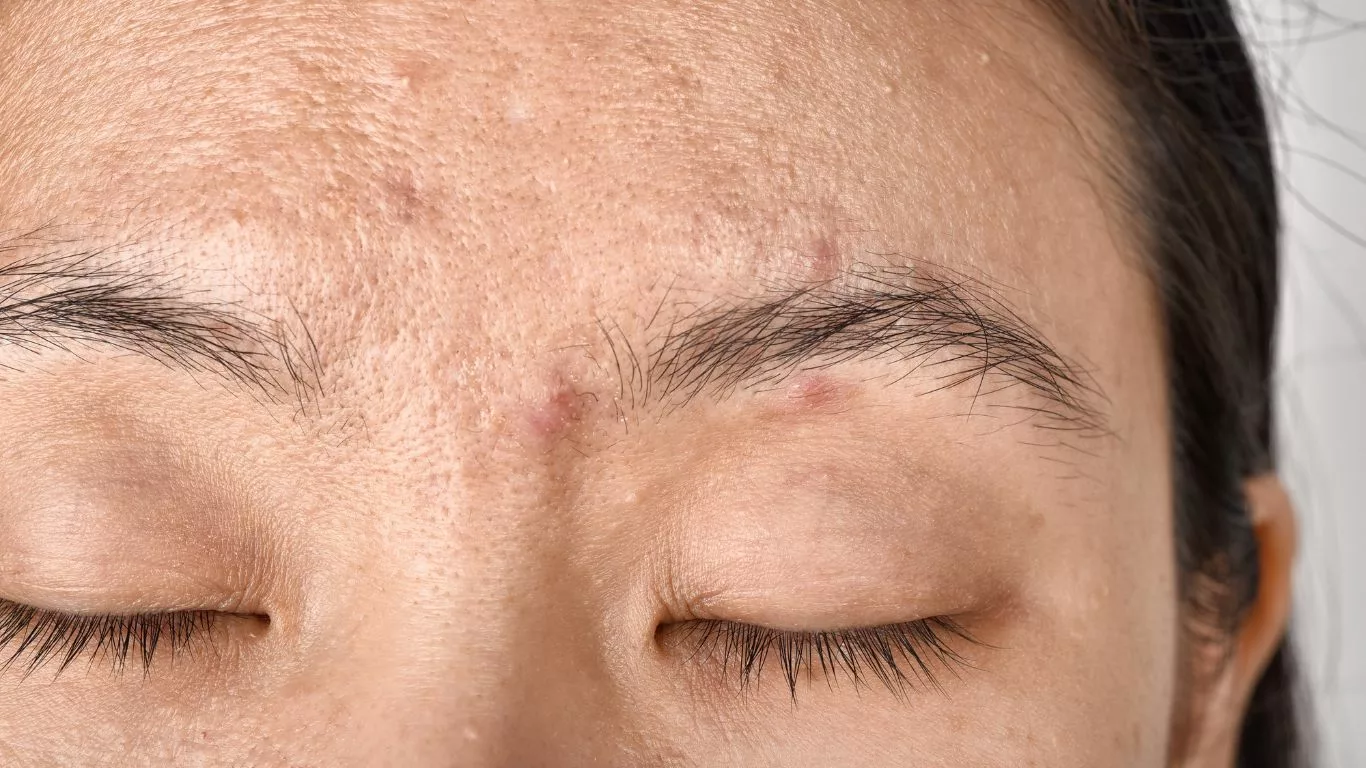
Insights from Skincare Experts
To enhance the credibility and effectiveness of at-home remedies, this guide will incorporate insights from skincare experts and dermatologists. Their professional opinions will provide a balanced perspective, offering guidance on the safety, efficacy, and potential limitations of various at-home treatments. Consulting with experts ensures that individuals can make informed decisions tailored to their unique skin concerns.
A Holistic Approach to Scar Reduction
Beyond specific remedies, this guide will advocate for a holistic approach to scar reduction. It will emphasize the importance of a consistent skincare routine, lifestyle factors that impact skin health, and the need for patience in the journey towards clearer skin. By adopting a comprehensive strategy, individuals can maximize the benefits of at-home remedies while promoting overall skin well-being.
Empowering Individuals on Their Skincare Journey
Ultimately, this guide aims to empower individuals to take proactive steps in addressing their acne scars. Whether you’re a skincare enthusiast exploring new remedies or someone navigating the challenges of acne scars for the first time, the information presented here is designed to be informative, practical, and inclusive.
As we embark on this exploration of at-home remedies for acne scars, let’s embrace the journey towards healthier, clearer skin—one that prioritizes self-care, knowledge, and the confidence that comes with feeling comfortable in your own skin.
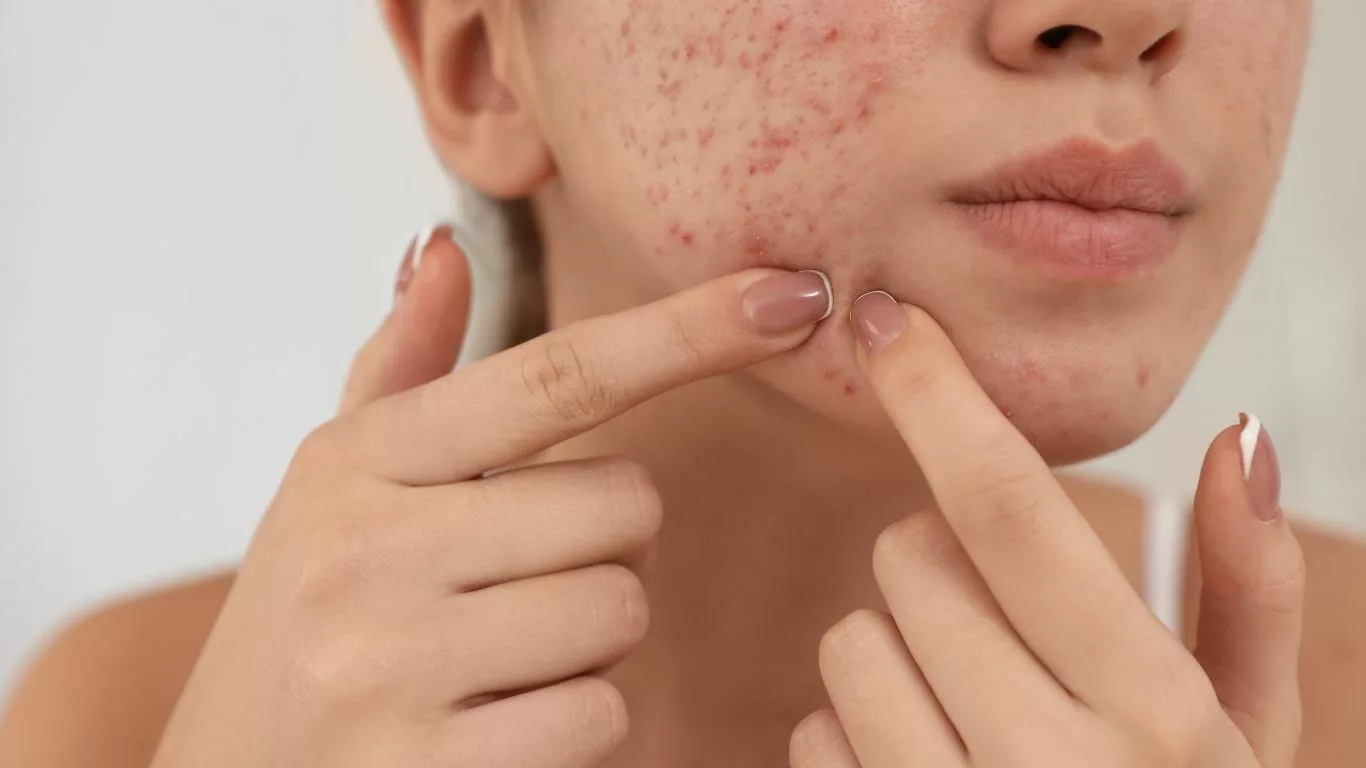
Natural At-Home Remedies
1. Aloe Vera Gel
Aloe vera, often hailed as the “plant of immortality,” is renowned for its multifaceted healing properties. Beyond soothing sunburns and minor cuts, aloe vera gel emerges as a potent remedy for acne scars. Rich in antioxidants and anti-inflammatory compounds, aloe vera promotes skin regeneration and aids in reducing inflammation.
Application Method:
To harness the benefits of aloe vera gel, begin by extracting fresh gel from an aloe vera leaf. Gently apply the gel to the affected areas, ensuring a thin and even layer. Allow it to sit for at least 20 minutes before rinsing it off with lukewarm water. For optimal results, repeat this process regularly as part of your skincare routine.
Benefits:
- Skin Regeneration: Aloe vera’s bioactive compounds support the regeneration of skin cells, contributing to the healing of acne scars.
- Anti-Inflammatory: The anti-inflammatory properties help soothe irritated skin, reducing redness and swelling associated with acne scars.
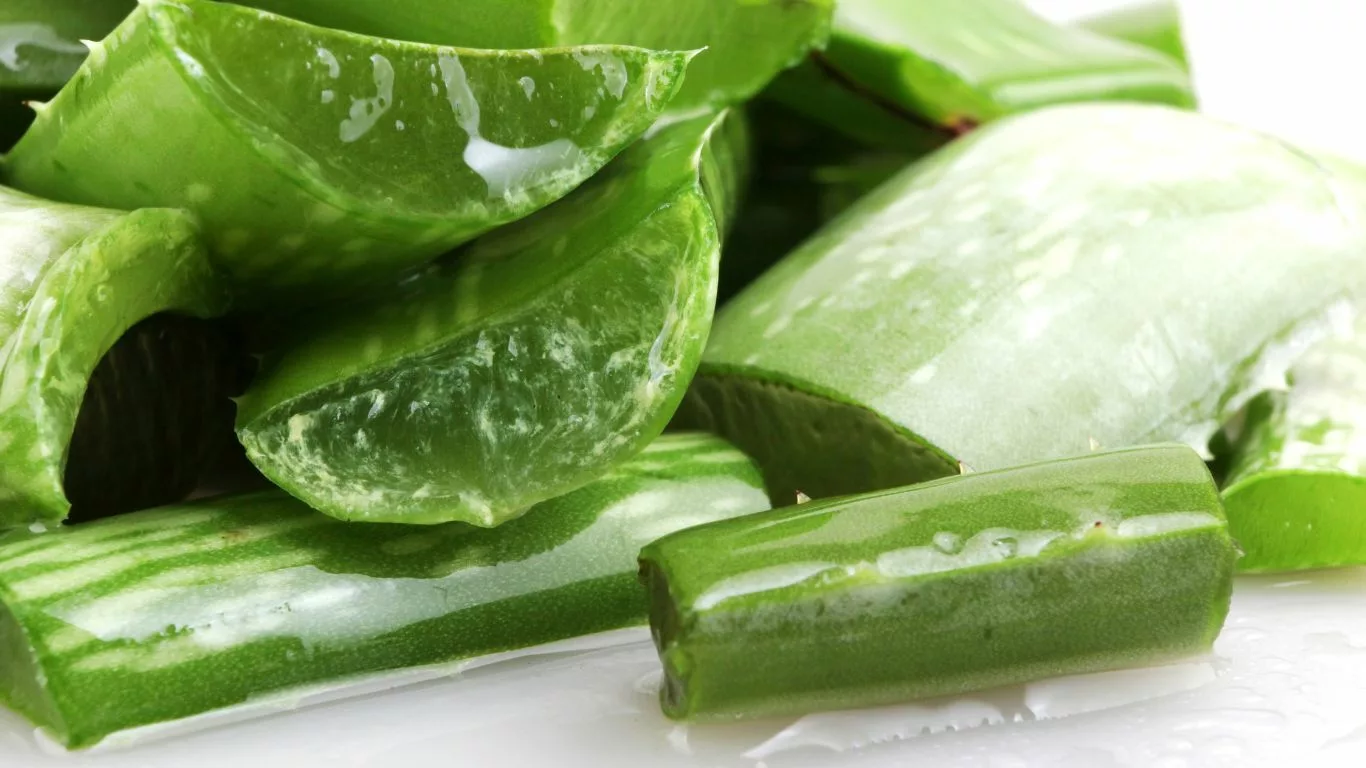
2. Lemon Juice
Lemon juice, a kitchen staple, offers more than just a refreshing citrus flavor. Packed with natural acids, particularly citric acid, lemon juice is known for its skin-brightening properties. When applied to acne scars, it can help lighten dark spots and hyperpigmentation, revealing a more even skin tone.
Application Method:
Dilute freshly squeezed lemon juice with an equal amount of water to avoid potential irritation. Using a cotton pad or your fingertips, apply the diluted lemon juice to the affected areas. Leave it on for about 10-15 minutes before rinsing thoroughly. Due to its acidic nature, it’s advisable to perform a patch test and avoid sun exposure after application.
Benefits:
- Dark Spot Reduction: The natural acids in lemon juice work to break down pigmentation, reducing the appearance of dark spots.
- Brightening Effect: Regular application can contribute to a brighter and more radiant complexion.
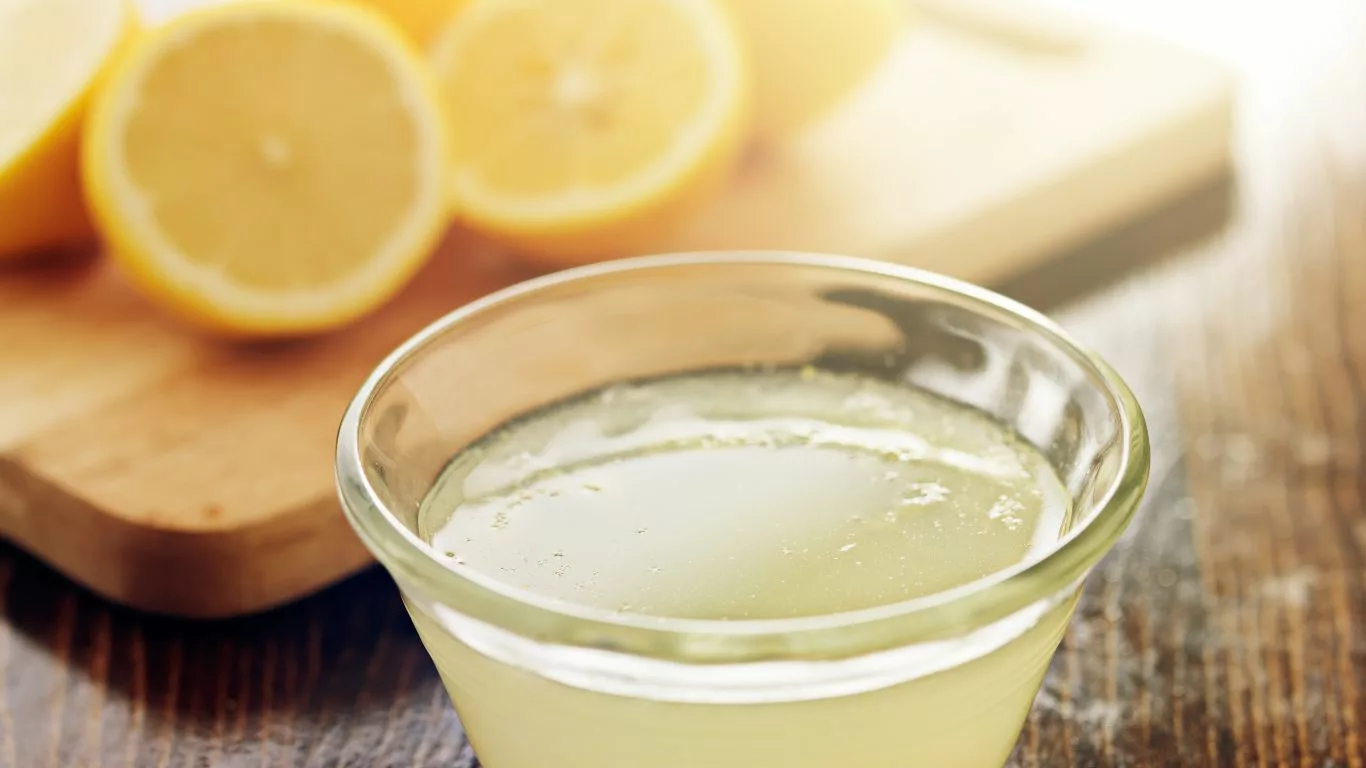
3. Honey Mask
Honey, a beloved natural sweetener, extends its benefits beyond the kitchen. As a natural humectant with antibacterial properties, honey is a valuable addition to at-home remedies for acne scars. Creating a honey mask provides a soothing and moisturizing experience while actively aiding in scar reduction.
Application Method:
Select raw, unprocessed honey for its optimal benefits. Apply a generous layer of honey to the scarred areas, ensuring coverage. Allow the honey mask to sit for 15-20 minutes before rinsing it off with warm water. Incorporate this honey mask into your skincare routine regularly.
Benefits:
- Humectant Properties: Honey helps retain moisture, keeping the skin hydrated and promoting healing.
- Antibacterial Action: The antibacterial properties of honey contribute to a healthier skin environment, reducing the risk of infection.
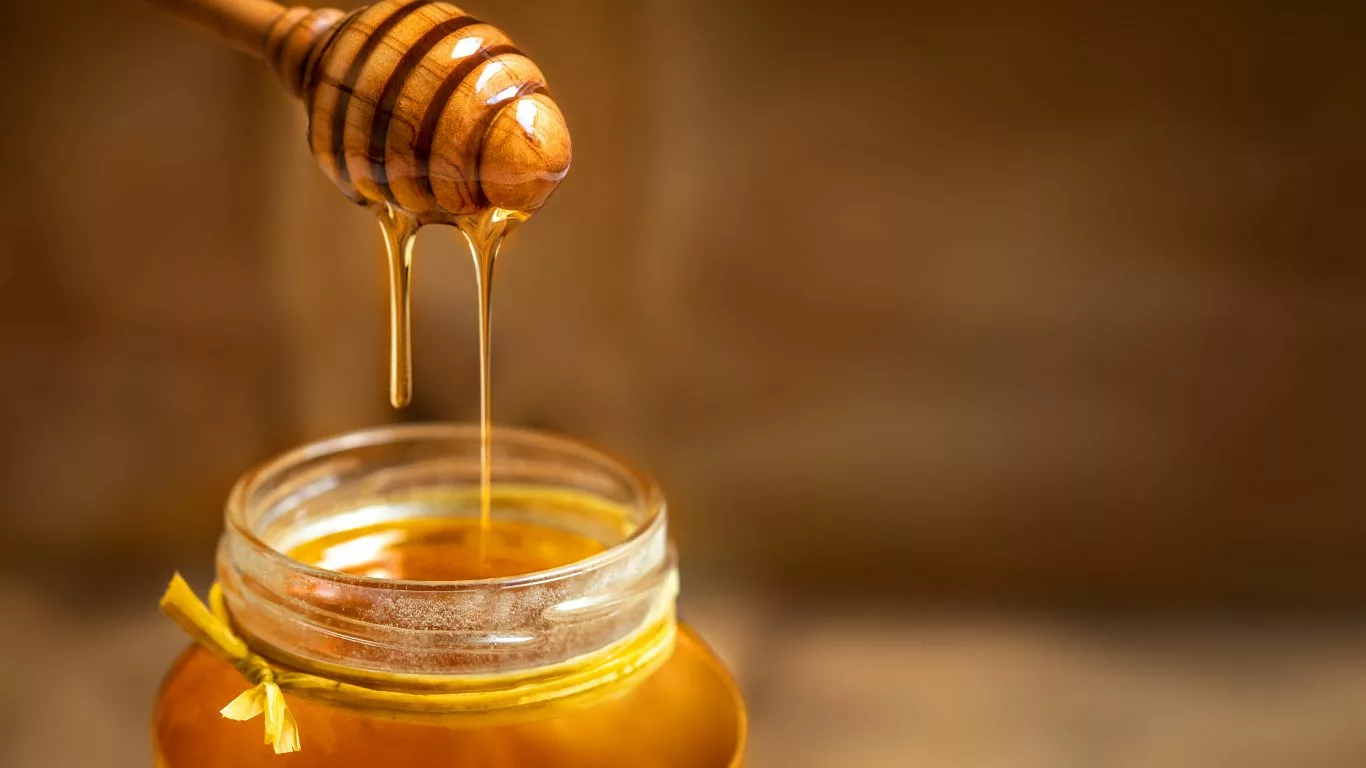
Choosing the Right At-Home Remedy
While these at-home remedies showcase promising benefits, it’s essential to recognize that individual skin types and conditions vary. Before incorporating any new remedy into your skincare routine, perform patch tests to assess sensitivity. Additionally, consult with a dermatologist, especially if you have pre-existing skin conditions or allergies.
Consistency is Key
For optimal results, consistency is paramount when using at-home remedies. Incorporate these natural solutions into your skincare routine with patience and diligence. Remember that the journey to healthier skin is a gradual process, and the benefits of these remedies may take time to manifest.
Unlocking the Power of Natural Skincare
By exploring and embracing these natural at-home remedies, individuals can take proactive steps towards improving the appearance of acne scars. The power of nature, combined with informed skincare practices, contributes to a holistic approach to skin health.
As we venture into the realm of at-home remedies, let’s appreciate the richness of natural ingredients and their potential to transform our skincare routines. From the healing embrace of aloe vera to the brightening effects of lemon juice and the nourishing properties of honey, nature offers a bountiful array of solutions for achieving radiant, scar-free skin.
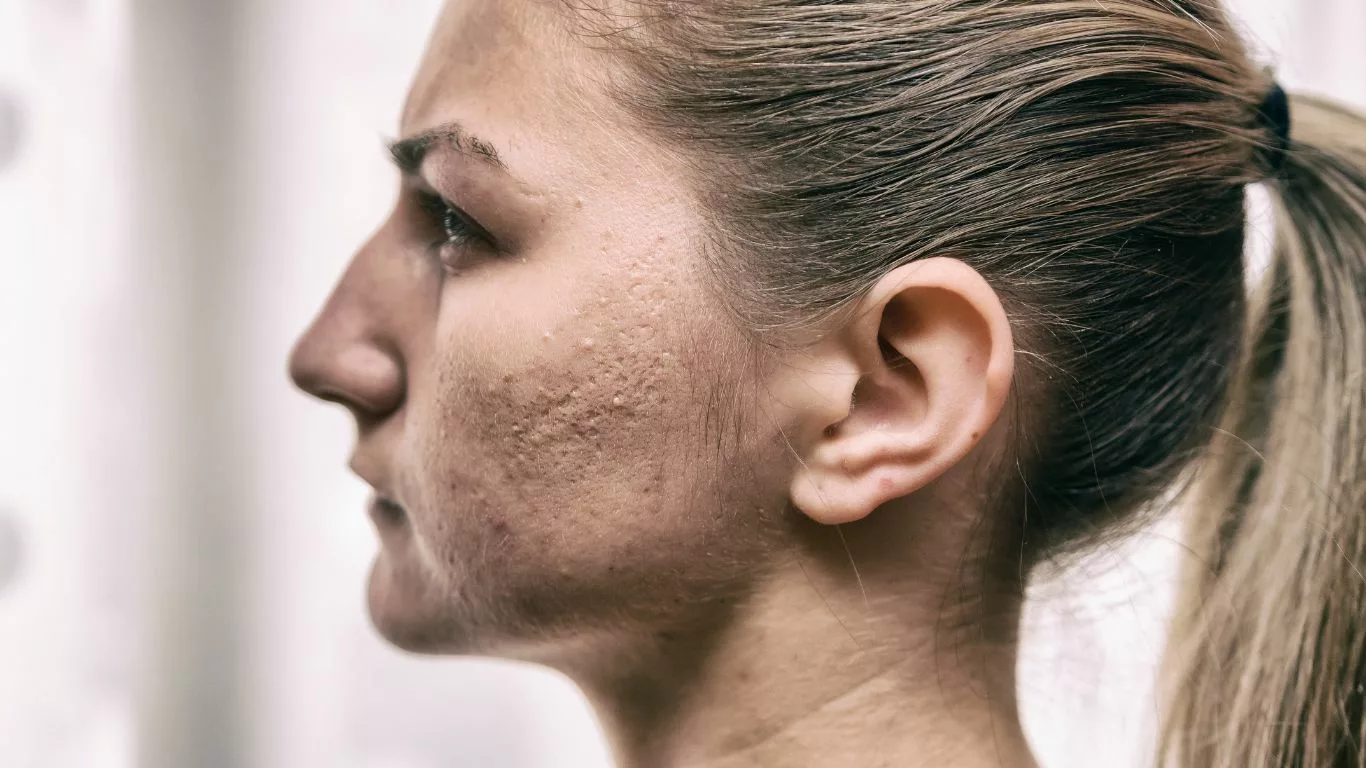
Expert Insights on Acne Scar Treatment
Consultation with a Dermatologist
Embarking on the journey to address acne scars begins with professional guidance. Before delving into at-home remedies, it’s highly advisable to seek a consultation with a dermatologist. A dermatologist’s expertise allows for a thorough examination of your skin, enabling the identification of the specific type of acne scars you may be dealing with.
Professional Assessment:
During the consultation, a dermatologist will assess the severity, depth, and characteristics of your acne scars. This in-depth evaluation is essential for devising a personalized treatment plan that targets your unique skin concerns. Whether you have pitted scars, raised scars, or hyperpigmentation, a dermatologist can provide valuable insights to inform your scar reduction strategy.
Treatment Recommendations:
Based on the assessment, the dermatologist may recommend a combination of professional treatments and at-home remedies. These can include laser therapies, chemical peels, microneedling, or other advanced procedures tailored to your skin’s needs. By initiating your journey with a dermatologist’s expertise, you set the foundation for a comprehensive and effective approach to acne scar treatment.
Consistency is Key
Once armed with professional recommendations, the key to success lies in consistency. Consistent application of at-home remedies is crucial for seeing tangible results. Skincare routines, when followed diligently, contribute to the gradual improvement of acne scars. Patience is a virtue in this process, as natural remedies may take time to exhibit their full effects on the skin.
Avoidance of Harsh Ingredients
While experimenting with at-home remedies, exercise caution and steer clear of harsh ingredients that may irritate the skin. Gentle and natural solutions are generally recommended for acne scar treatment. Harsh chemicals or abrasive exfoliants can exacerbate skin sensitivity and hinder the healing process. Prioritize soothing and nourishing ingredients that promote a healthy skin barrier.

Tips for Successful At-Home Treatment
1. Patch Test
Before applying any remedy to your entire face, conduct a patch test to ensure your skin doesn’t react negatively. Patch testing involves applying a small amount of the remedy to a discreet area and monitoring for any adverse reactions, such as redness or irritation. This precautionary step helps identify potential sensitivities before widespread application.
How to Patch Test:
- Choose a small, inconspicuous area, such as the inside of your wrist.
- Apply a small amount of the remedy and observe for 24 hours.
- If no adverse reactions occur, the remedy is likely safe for broader use.
2. Sun Protection
Sun protection plays a pivotal role in successful scar reduction. UV rays can worsen the appearance of scars, leading to increased pigmentation and delayed healing. Incorporate a broad-spectrum sunscreen with an adequate SPF into your daily routine, especially when using at-home remedies. Shielding your skin from the sun’s harmful effects enhances the efficacy of scar reduction efforts.
3. Patience and Persistence
Results from at-home treatment may not be immediate, and it’s essential to practice patience and persistence. Set realistic expectations and understand that achieving visible improvements takes time. Consistent and dedicated adherence to your skincare routine, coupled with a positive mindset, contributes to effective scar reduction over the long term.
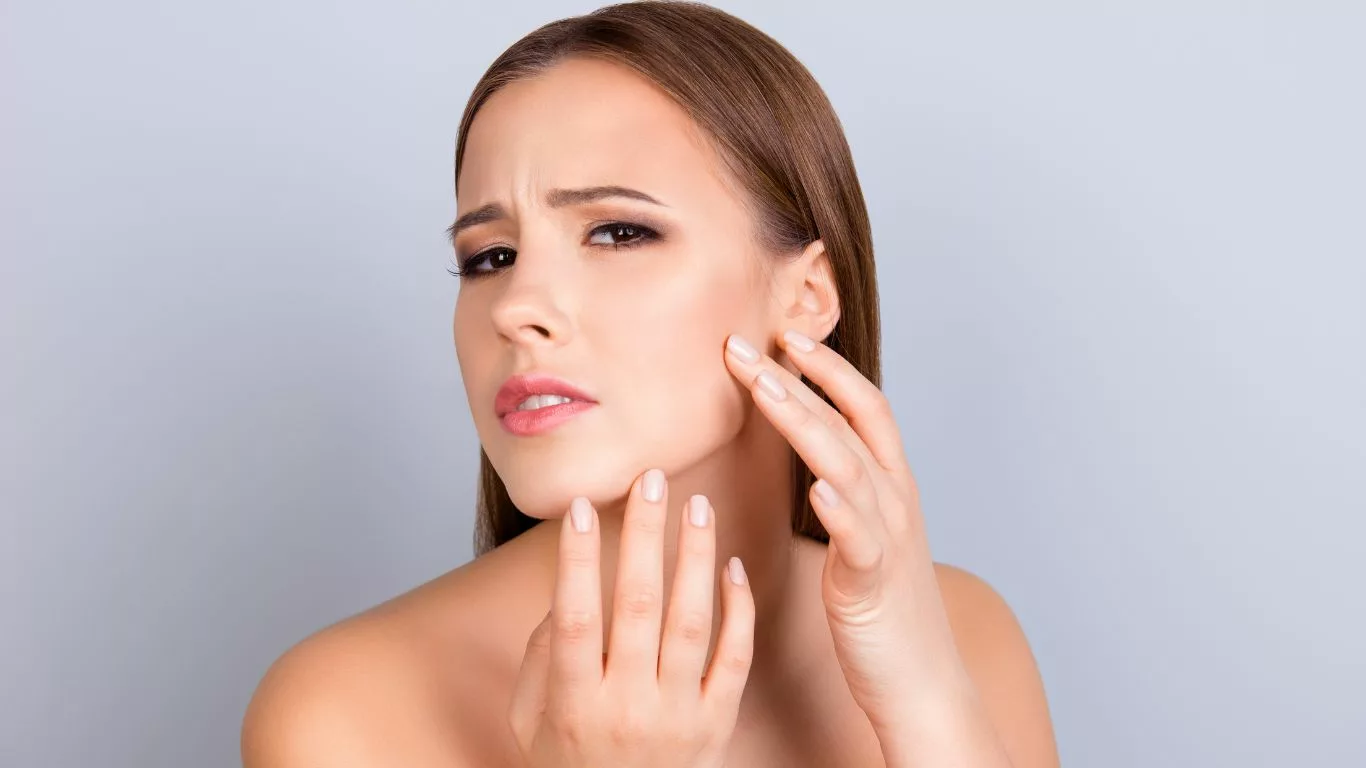
Conclusion
Achieving Clearer Skin with At-Home Remedies
By incorporating natural at-home remedies and following expert advice, you can work towards achieving clearer skin and minimizing the appearance of acne scars. Consult with a dermatologist for personalized guidance and embark on a journey to healthier, scar-free skin.
Appendices
References
- American Academy of Dermatology (AAD)
- PubMed Central – Acne Scarring: A Review and Current Treatment Modalities
- PubMed Central – Management of Acne Scars: Fulfilling Patient Expectations
FAQs
Have questions about treating acne scars at home? Here are some frequently asked questions to guide you.
Are at-home remedies effective for all types of acne scars?
At-home remedies may show varying effectiveness based on the type and severity of acne scars. Consult with a dermatologist for personalized advice.
How often should I apply at-home remedies?
The frequency of application depends on the specific remedy. Follow the recommended guidelines and be consistent in your routine.
Can at-home remedies completely eliminate acne scars?
While at-home remedies can improve the appearance of acne scars, complete elimination may not be guaranteed. Professional treatments may be necessary for more significant results.
Table: Comparison of At-Home Remedies for Acne Scars
| Remedy | Application | Benefits |
|---|---|---|
| Aloe Vera Gel | Direct application to scars | Promotes skin regeneration and reduces inflammation |
| Lemon Juice | Diluted application to dark spots | Contains natural acids for a brightening effect |
| Honey Mask | Applied as a mask | Soothes and moisturizes, aiding in scar reduction |
Disclaimer
This article is provided for informational purposes only and should not be considered a substitute for professional dermatological advice, diagnosis, or treatment. Always consult with a dermatologist or qualified healthcare provider for specific concerns regarding your skin. The author and publisher do not endorse any specific at-home remedies mentioned in this article.

Camellia Wulansari is a dedicated Medical Assistant at a local clinic and a passionate health writer at Healthusias.com. With years of hands-on experience in patient care and a deep interest in preventive medicine, she bridges the gap between clinical knowledge and accessible health information. Camellia specializes in writing about digestive health, chronic conditions like GERD and hypertension, respiratory issues, and autoimmune diseases, aiming to empower readers with practical, easy-to-understand insights. When she’s not assisting patients or writing, you’ll find her enjoying quiet mornings with coffee and a medical journal in hand—or jamming to her favorite metal band, Lamb of God.




